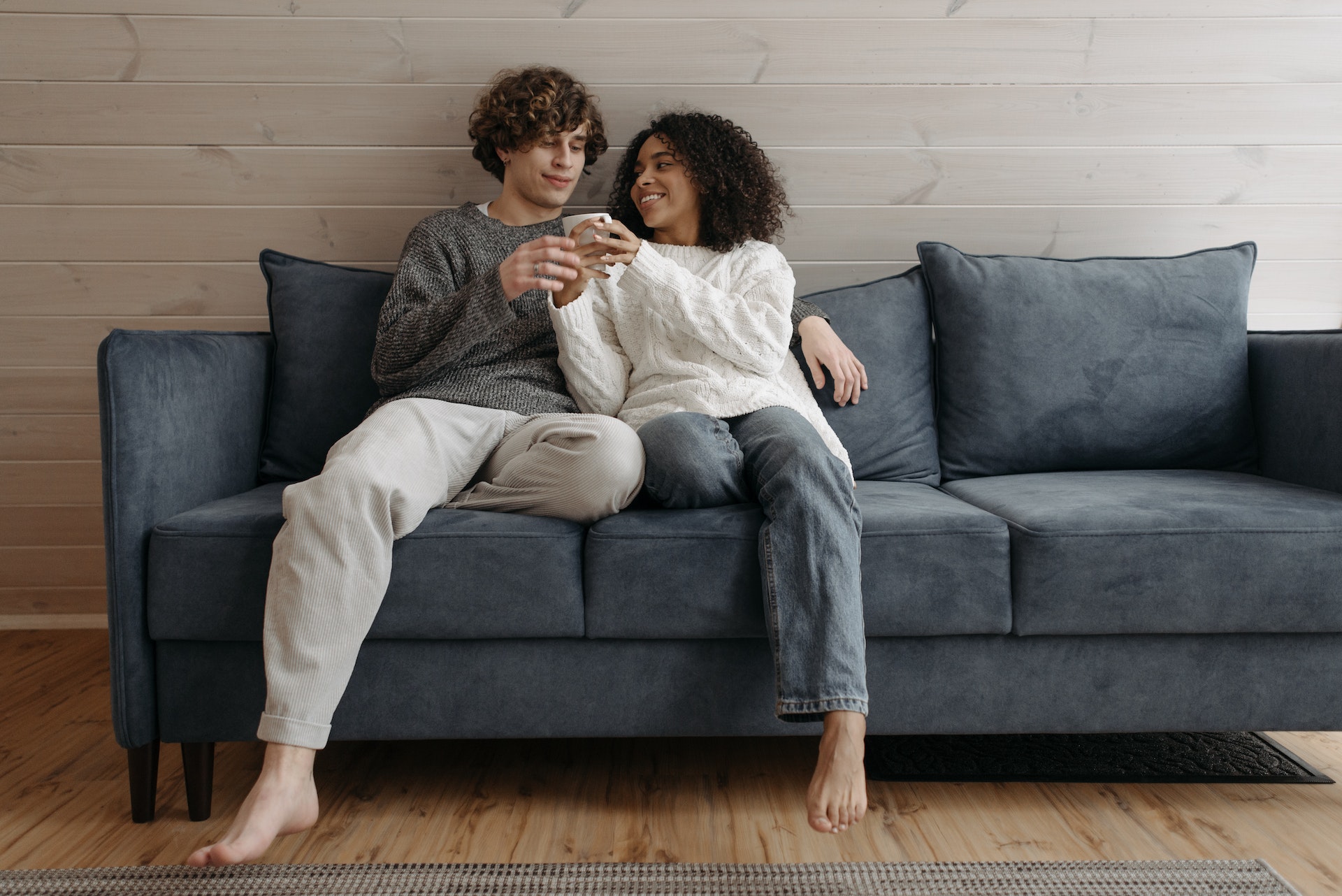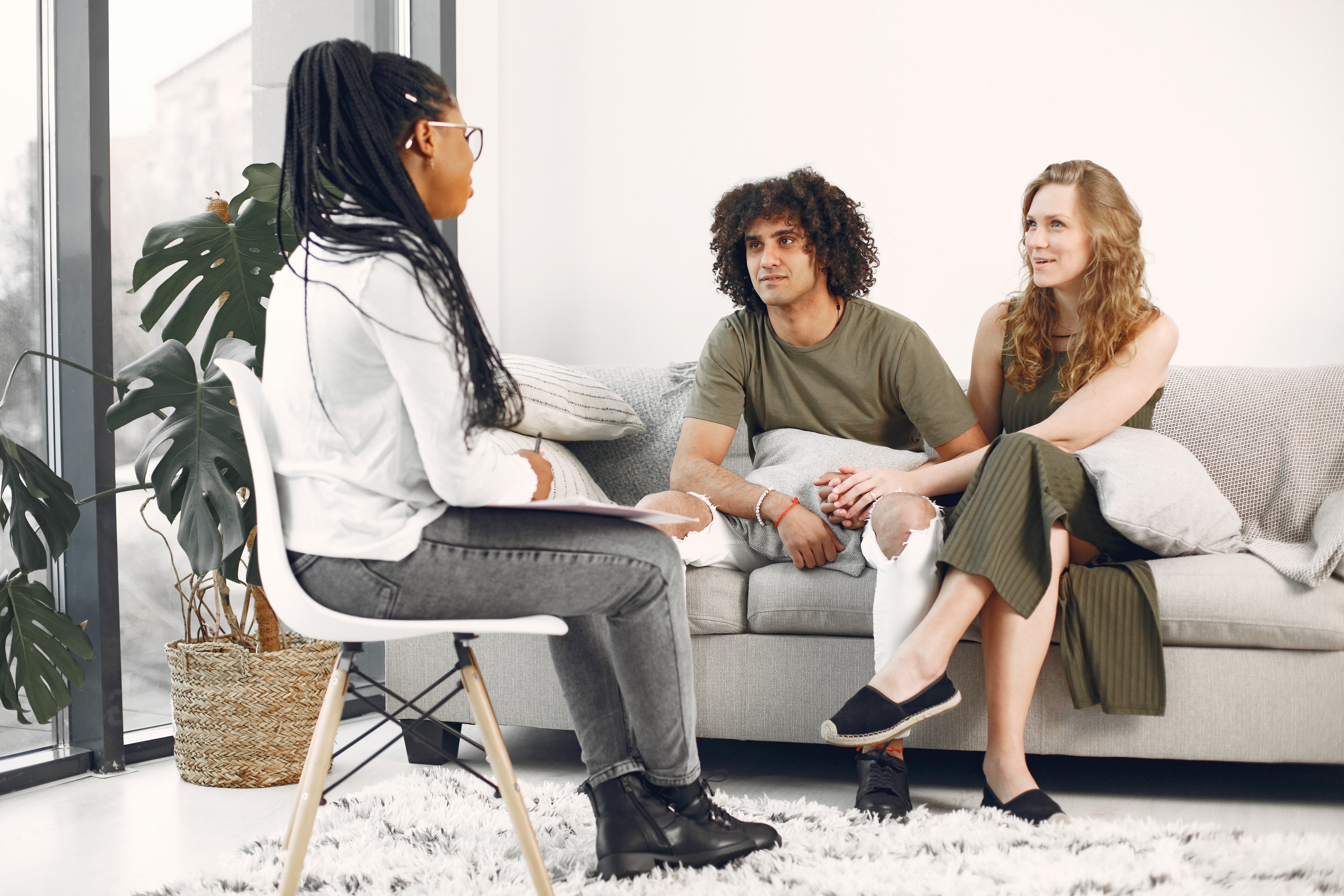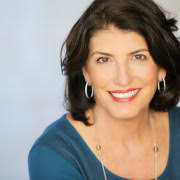
As a Marriage Therapist with over 30 years of experience, I frequently receive calls from cisgender women in heterosexual relationships with a similar question. One of the most common questions is, "How can I get my partner to go to Couples Therapy?"
Some women may feel their partner's hesitation to go to therapy means they don't love her enough. Some women may struggle with feeling their partner is stubborn, doesn't think they need therapy, or doesn't see the value of couples therapy.
Here's why cisgender men struggle to go to couples therapy…
After working with heterosexual men and women for years, I believe why men struggle comes down to being fearful of the unknown. It's that simple.
There are a lot of misconceptions about couples therapy - what it truly is and what it is not. So, let's look at the accurate picture of what you and your partner can expect from couples therapy, a real picture of what the experience looks like for both of you in the relationship.
Talk therapy can favor those who are more communicative with their words and enjoy sharing this way, such as women. Sometimes, when we, as women, get together with our girlfriends, it's nothing more than enjoyable hours of sitting together over tea and talking. We're good at expressing our emotions with our friends. We even like to analyze our emotions; our brains are wired for this action.
Most men, who were socialized as men, are the opposite of women in expressing and analyzing their partner. Most men rarely get together to talk about their hopes, dreams, fears, and deep feelings with their guy friends. They do stuff. For example, most men get together to play tennis, golf, video games, and watch football.
The male brain is wired differently than the female brain. Unfortunately, many men were conditioned at a young age to be tough and not to be "a sissy."
So unfair, right!? When opening up about their feelings, most men say they were shamed or ridiculed for expressing their true feelings, especially sadness or fear. They were told things such as:
- "Stop crying, or I'll give you something to cry about!"
- "Are you crying? What are you, a little girl?"
- "Big boys aren't scaredy cats!"
Thankfully, many parents today offer their sons much less old-fashioned and harmful messages about feelings. Yet, I'm still surprised at how many men continue to have these ideas of how they should behave in relationships. Sadly, we still live in a culture that favors anger over sadness or fear for the male gender.
Many men may not even realize or can't acknowledge they might feel afraid or uncomfortable in therapy. So, when asked if they want to go to couples therapy - they simply tell their partner they don't want to go or don't see the need for couples therapy. After all, why would a man want to sit in a room with a complete stranger and discuss his deepest and most private feelings? (The opposite action of how many men were conditioned to think and feel most of their lives.)
So, what do you do if you feel your relationship is in trouble and could use some help with couples therapy? Maybe you can relate to some items below:
- Have you and your partner lost that connection and loving feeling?
- Are you and your partner starting to argue all the time?
- Maybe you've tried to talk and work on the relationship but feel it's hopeless and heading toward separation or divorce.
So, how do you get your partner to come to couples counseling?
How To Start Couples Therapy Together

The first step is to create a safe, quiet moment to share with your partner what you're feeling. If you want him to come to couples therapy with you, you must acknowledge what's going on for him. Let him know that you understand it's uncomfortable for him and that it makes sense to you. Be sure to empathize with what a dilemma it is for your male partner. You know he cares about you and the relationship, but therapy sounds like being sentenced to hard labor in his views.
It's essential not to blame him for whatever problem you two have. The truth is that your relationship is a dynamic between you both - it's not one of you. You are also contributing to what isn't working in the relationship and will need to participate in the solution.
Many men share that they feel they're to blame for what's not working in the relationship and that their partners directly blame them. They fear that the experience of couples therapy is nothing more than being "ganged up" on by the therapist and their wife. All while paying for the session. So, why would any man want to pay money to have two people gang up on him? (That's the fear, not the reality of couples therapy.)
So, you must do your part to create a safe space for your partner in couples therapy and verbally own your piece in what needs to change in the relationship. Owning your part verbally with something like this might help:
"We've fallen into some bad patterns, and I need your help to improve the relationship. Please come with me to couples counseling so I can clearly understand what I need to work on."
If finding the therapist is up to you, do your due diligence. Look for a therapist with training and experience specifically in couples counseling or couples therapy. A good relationship therapist knows how to ensure that both women and men are comfortable and at ease. Such as:
- Couples therapy should begin slowly, and the therapist should be able to reassure both parties that the therapy room is a safe space and they don't allow ganging up or mutual blaming.
- A couples therapist safely moves you both to take responsibility and change your behaviors.
- A couples therapist understands gender differences and works accordingly.
How Can Couples Therapy Improve Your Relationship?

- Couples therapy will be very beneficial in helping you and your partner interrupt painful and dysfunctional patterns in your relationship.
- Couples therapy will also help you and your partner improve communication and deepen your connection.
- Couples therapy will teach you and your partner new tools and skills to help you heal the pain of the past and so much more!
- Couples therapy can help you and your partner connect again physically.
- Couples therapy can help you and your partner rediscover one another and the fun and laughter you once shared.
If you have a willing partner to attend couples therapy, then rejoice! If you do not, try these tips. If all else fails, go to see a therapist on your own. Many partners have been able to join in once the ball is rolling in therapy. Before you start the process to get help, take this quick two-minute quiz to see "How healthy is your relationship?"
If you're ready to learn more about couples therapy and how it can help your relationship, we're here to help with our online and in-person Imago Relationship Workshops and Relationship Therapy.
Discover more about Imago with our Imago Professional Membership, Imago Professional Facilitators, Imago Professional Training, and Imago Educational Webinars.
**(this blog most closely relates to cisgender heterosexual couples.) **

This blog was written by Mary Kay Cocharo, LMFT.
I am a licensed Marriage and Family Therapist in private practice in West Los Angeles, California. I have 35 years of experience working with individuals, couples, and families. I have two advanced certifications in working with couples: Imago Relationship Therapy and Encounter-centered Couples Therapy.
I work with couples at all stages of their relationship to deepen communication, resolve conflict and rediscover the joy of being together. In addition to private sessions in my Los Angeles office, I am also passionate about leading workshops for Engaged Couples. With years of experience in premarital counseling, I am happy to offer an Imago-based workshop entitled, Start Right, Stay Connected. I also facilitate a Weekend Couples Retreat, Over the Bridge, for couples wanting profound transformation. For couples who desire deep, intensive, quick resolution in a private setting, I also offer one and two-day Private Intensives.
I have also been active throughout my career in educating and training students and interns to become practicing therapists. I have taught and supervised at various universities and training sites around Los Angeles. Prior to coming to California, I served as a team therapist and supervisor at Houston Child Guidance Center working with children and troubled adolescents. I have given numerous workshops and presentations, taught graduate courses, and supervised many interns on their way to becoming licensed.
I am an active member of the California Association for Marriage and Family Therapists, Los Angeles Association for Marriage and Family Therapists, IMAGO Relationship Institute, and the Southern California IMAGO Institute. I am a Master Encounter-centered Couples Practitioner. I am active in various spiritual settings and community endeavors. I love my profession and truly enjoy helping others to heal, grow, develop a heightened state of well-being and create more love and peace in their lives.



